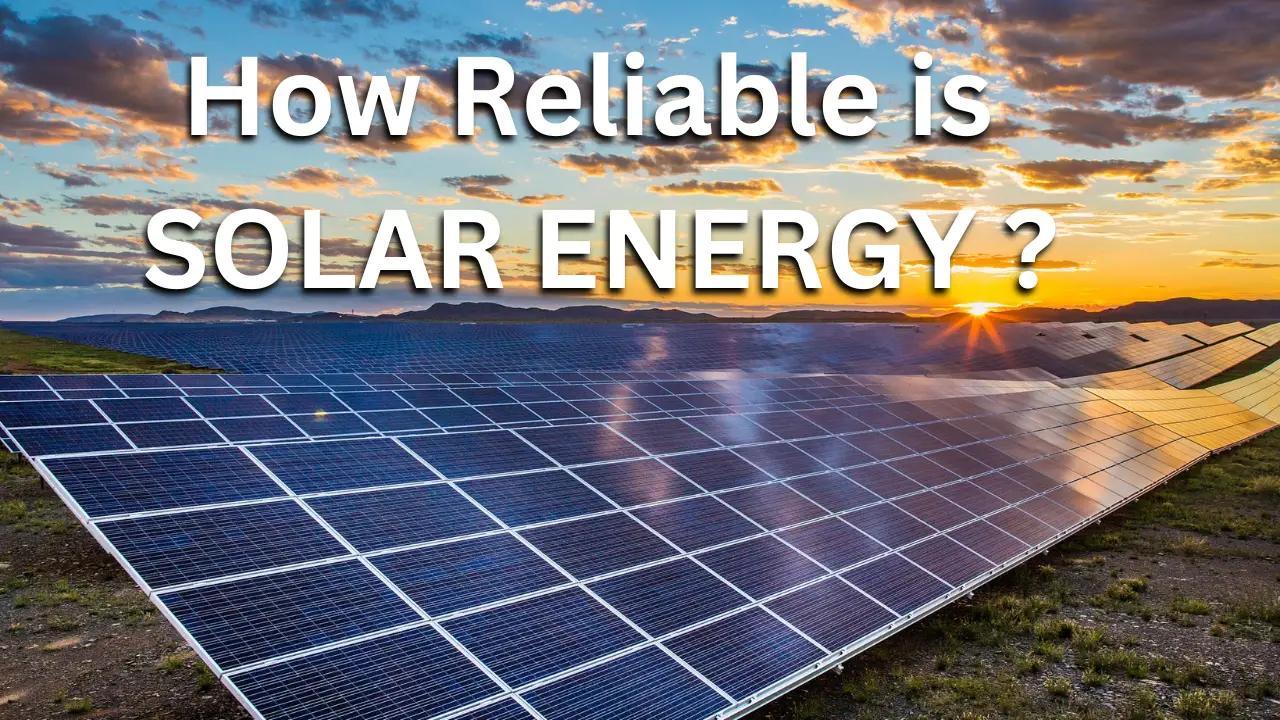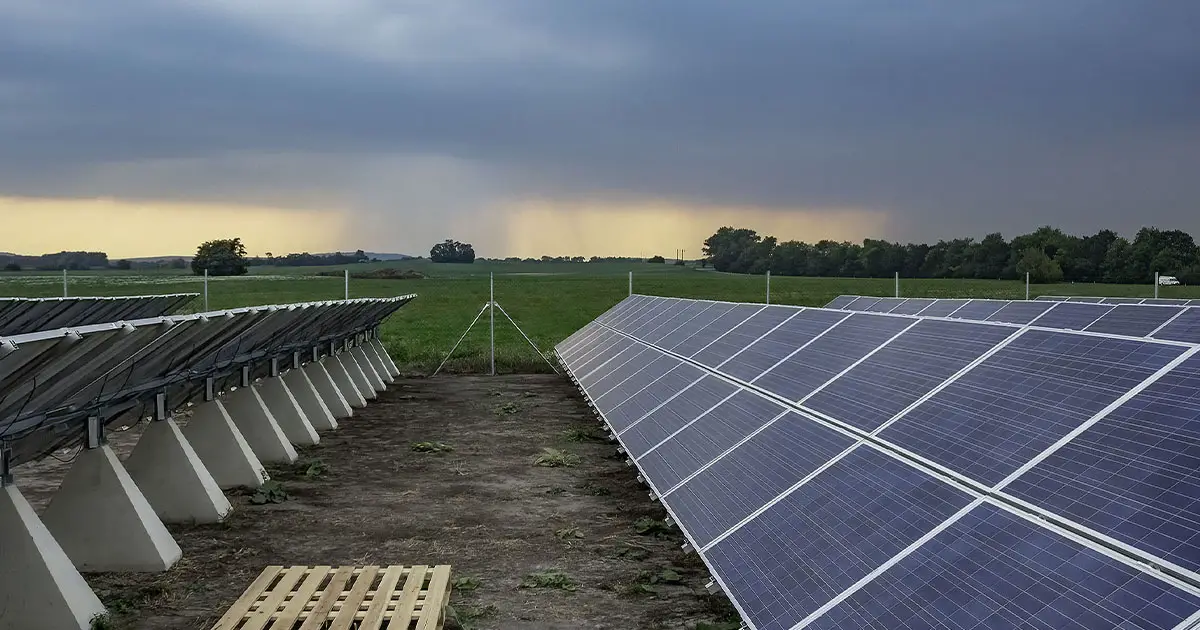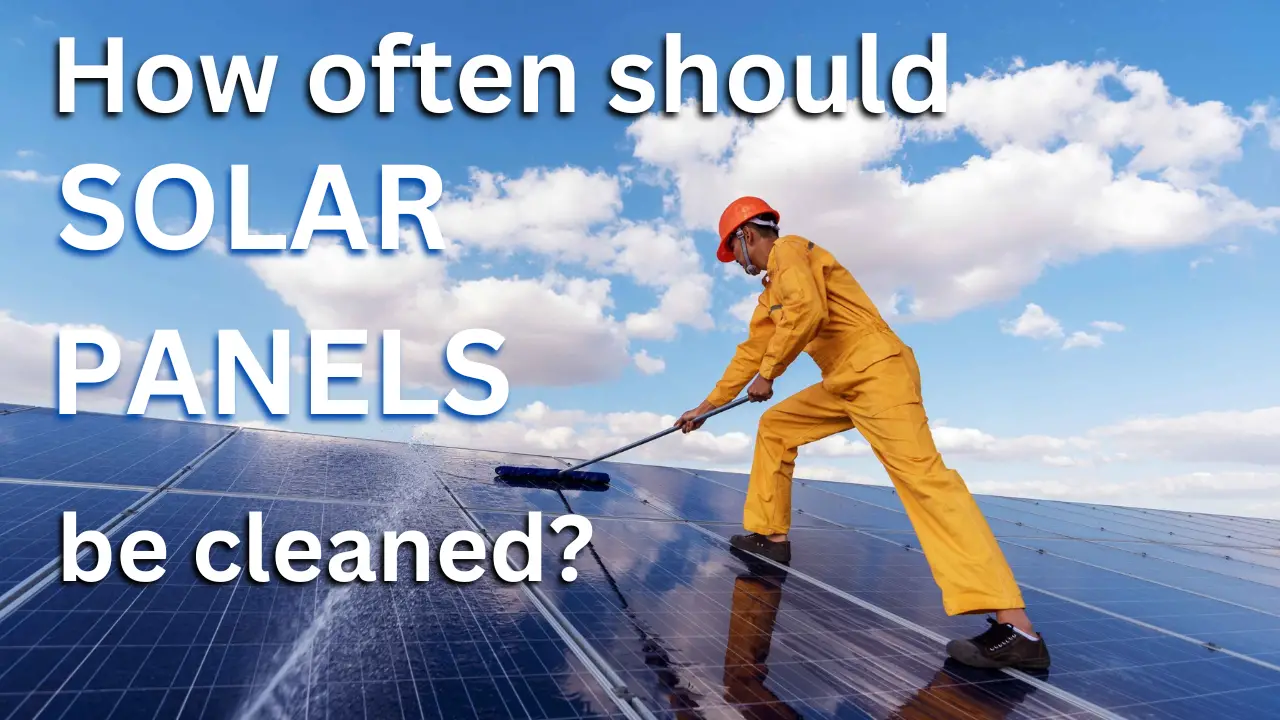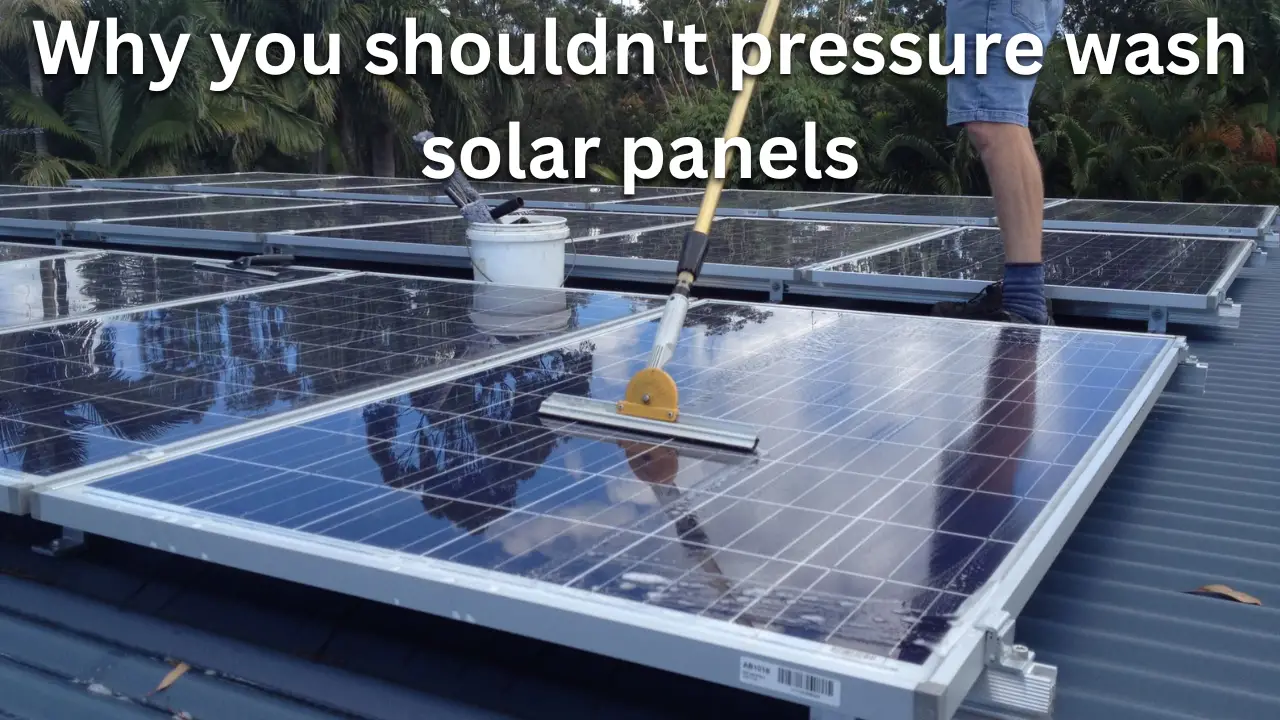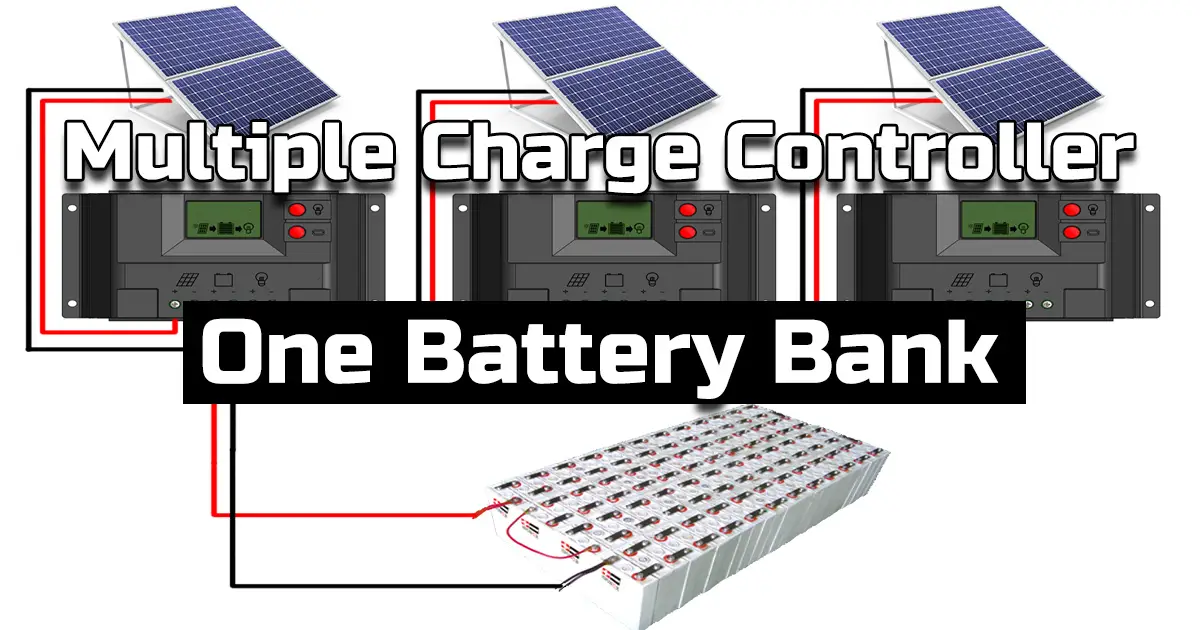Solar energy is a renewable and clean energy source that has grown in popularity over the last few decades. It is a sustainable and reliable source of energy that can be used in different ways, from generating electricity to heating water.
However, some people are still skeptical about the reliability of solar energy, particularly when it comes to its ability to generate consistent power over time. In this article, we will explore the reliability of solar energy and why it is becoming an increasingly viable power source.
Solar energy has become an increasingly reliable source of electricity, thanks to advancements in technology and improved manufacturing processes. Solar panels have a meager failure rate, and they come with warranties of up to 30 years. As a result, solar energy is quickly becoming a popular and reliable alternative to traditional fossil fuels.
How reliable is Solar energy?
A new NREL study found that solar panels are very dependable and have a long lifespan. The survey found that 54,500 panels were installed between 2000 and 2015. They found that only 5 out of 10,000 panels failed annually. With a failure rate of about 0.05 percent, solar panels are incredibly reliable.
Since it has been used widely, solar energy has shown to be a more dependable energy source than fossil fuels. Solar power is a reliable energy source because its parts have lengthy warranties and infrequent failure rates.
It also benefits your wallet, which is another perk. By generating free electricity, solar energy efficiency is a long-term investment that can reduce your monthly expenses.
What happens if the solar panel fails?
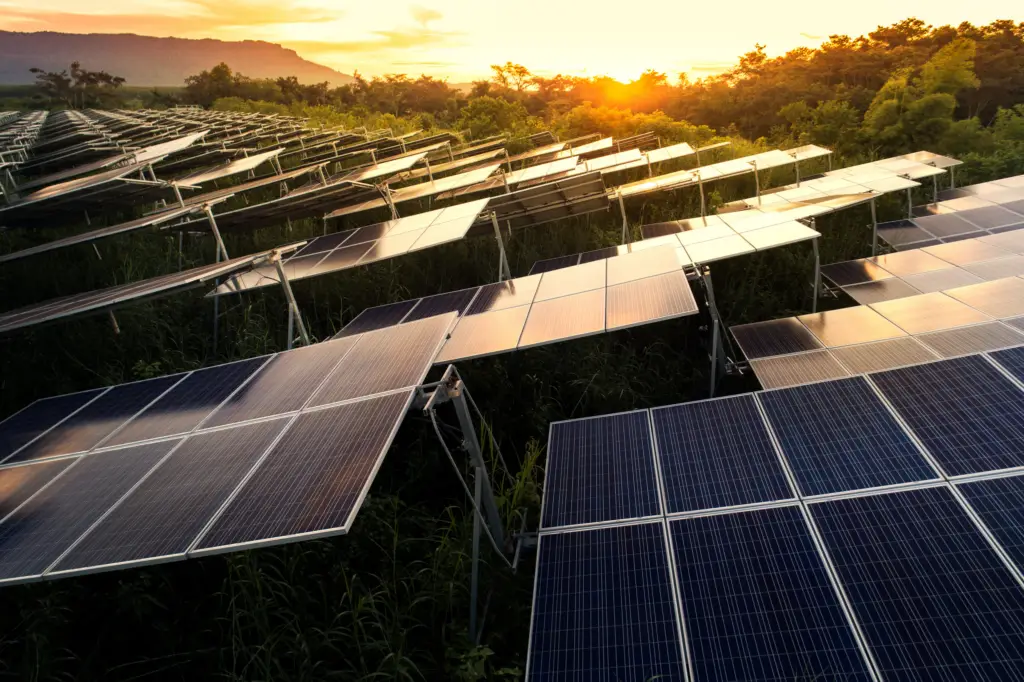
The high level of reliability of solar panels enables solar panel manufacturers to provide 25 or 30-year power output warranties. In other words, it’s highly improbable that your solar system will malfunction.
And if it happens, the warranty will cover you, and the panel will be replaced at no cost. If any maintenance or repairs are necessary, they won’t cost much because the panels are sturdy.
Will you always have electricity if you go solar?
As long as the grid is working, your system will always have enough electricity. Even though solar panels only create electricity when the sun shines, you can use the electric grid.
A common misconception is that going solar guarantees power even if the grid or lights go down. Unless you buy a battery or other energy storage, your grid-connected system must shut down and stop producing until the grid is restored.
Reasons why solar energy is reliable?
Solar energy is reliable for several reasons:
- First, the sun is a constant source of energy. It rises every day and is always shining, even on cloudy days.
- Second, solar panels have no moving parts, which means that they require very little maintenance. Once installed, they can operate for years with minimal upkeep.
- Third, solar panels can be installed on rooftops, meaning they take up very little space and do not require any additional land.
Advancements in solar technology have also made solar energy more reliable. For instance, new solar panels are more efficient than older ones, which means that they can generate more electricity from the same amount of sunlight.
In addition, new battery technologies have made it possible to store solar energy for more extended periods of time. This means that even when the sun is not shining, electricity can still be generated from stored energy.
The reliability of solar energy is also enhanced by the fact that it can be used in combination with other energy sources. For instance, some households use solar energy to generate electricity during the day and then switch to grid power at night. This ensures that the household always has access to power, regardless of whether the sun is shining or not.
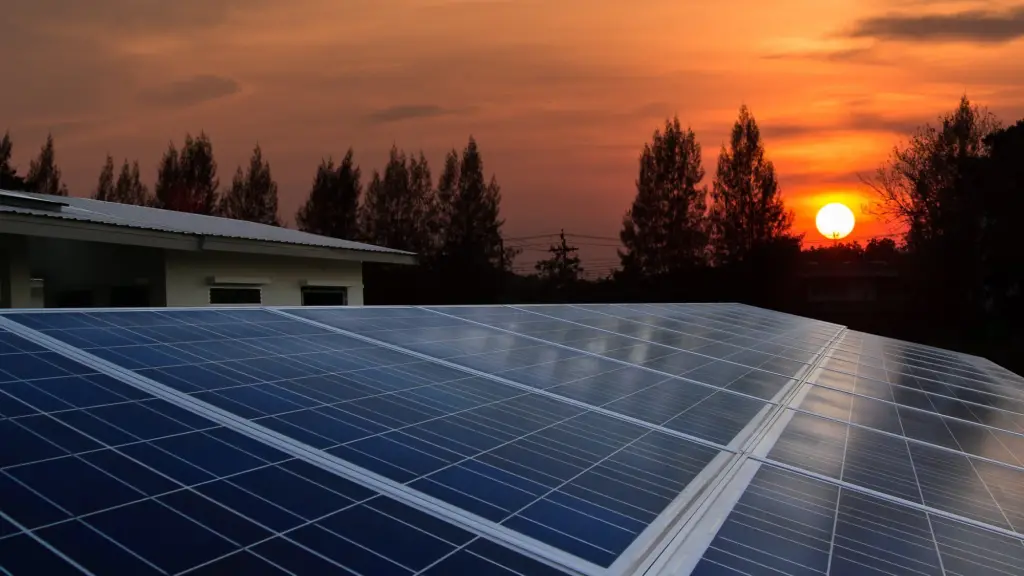
Factors that affect the reliability of solar energy
While solar energy is generally reliable, some factors can affect its reliability. One of the most significant factors is weather conditions. Solar panels rely on sunlight to generate electricity, and if there is not enough sunlight, the panels will not be able to generate as much power. This is particularly true in areas with long periods of overcast weather or frequent rain.
Location
Solar panels are most effective when they are installed in areas with high levels of sunlight. This means that panels installed in areas with frequent cloud cover or in shaded areas may not generate as much power as those installed in sunnier locations.
Quality
Cheap, low-quality solar panels may not generate as much power as higher-quality ones, and they may also break down more frequently, requiring more maintenance.
Size of system
If a system is too small to meet the household’s energy needs, it may not be reliable enough to provide consistent power. In contrast, a too large system may generate more power than is needed, leading to wastage.
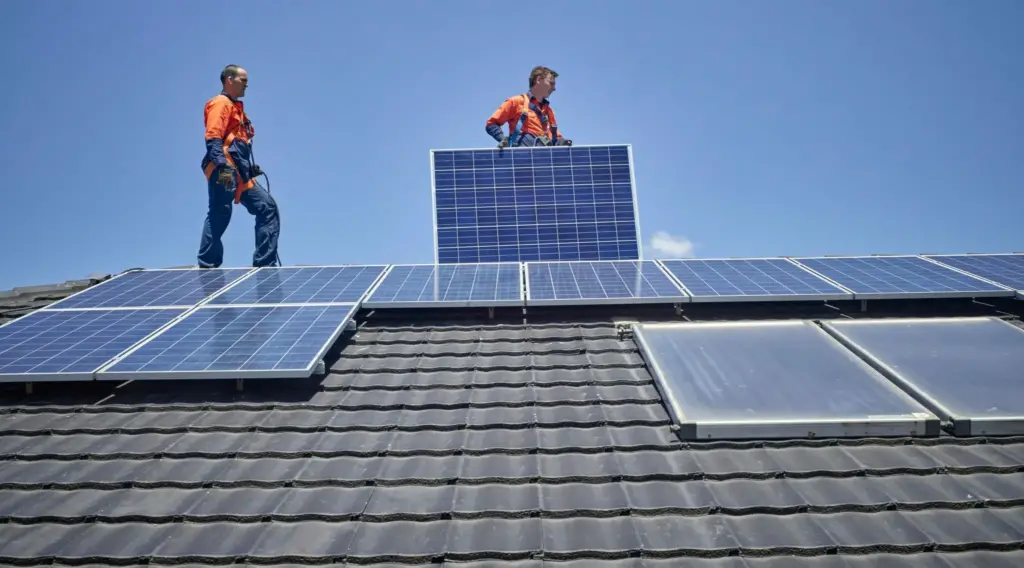
How to increase the reliability of solar energy
There are several ways to increase the reliability of solar energy.
Battery Storage System
One of the most effective is installing a battery storage system. Battery storage systems allow excess solar energy generated during the day to be stored for later use. This means that even when the sun is not shining, electricity can still be generated from the stored energy, increasing the system’s reliability.
Backup generator
While solar energy is generally reliable, there may be times when it cannot generate enough power to meet the household’s needs. A backup generator can provide additional power during these times, ensuring that the household always has access to electricity.
Maintenance
Regular maintenance is also crucial for increasing the reliability of solar energy systems. Solar panels should be cleaned regularly to remove any dirt or debris that may accumulate on the surface, which can reduce their efficiency. Check out our article on why you should not pressure wash them to clean them.
High-quality solar panels
Choosing high-quality solar panels is another way to increase the reliability of solar energy systems. While high-quality panels may be more expensive, they are more efficient and more durable, which means that they will generate more power and require less maintenance over time.
Finally, ensuring that the solar system is adequately sized for the household’s needs is vital. This means that the system should be large enough to generate enough power to meet the household’s energy needs but not so large that it generates more power than is needed.
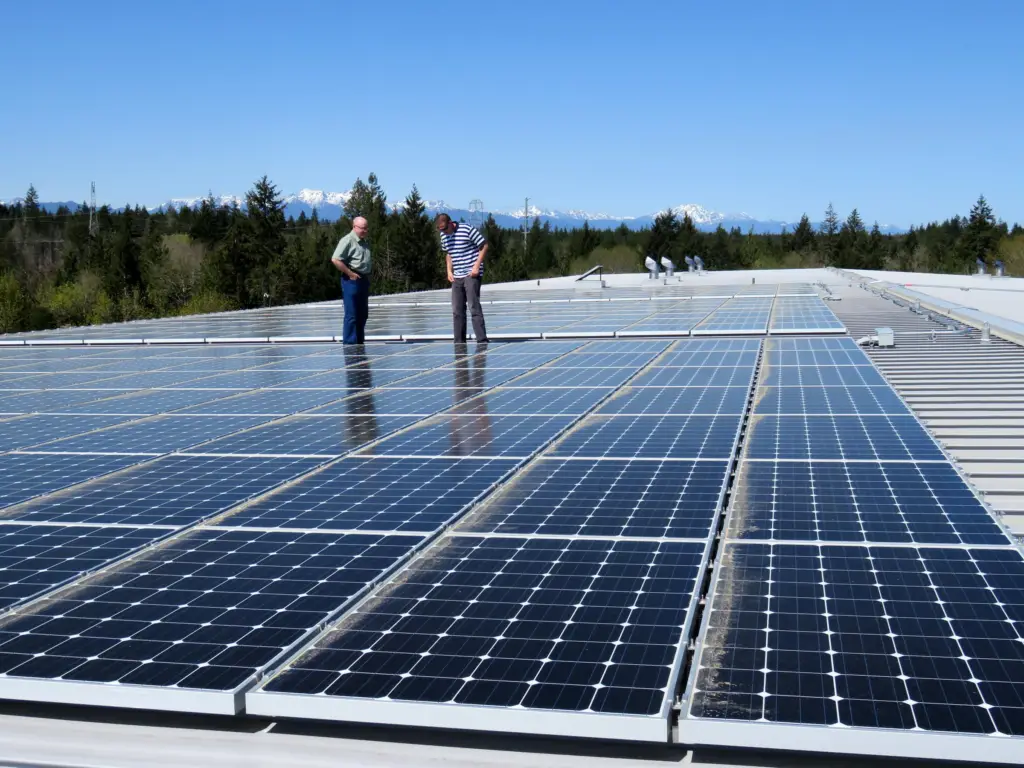
Will solar power be a reliable source of energy for my home?
Solar panels generate electricity from the sun, which means they may not produce any power at night, and their output may vary depending on the season. However, there are two simple solutions to this challenge:
Net Metering
It is a policy that requires utilities to compensate those who export excess solar power to the grid. This means that if you generate more solar energy than you need during the day, you can sell the excess power back to the utility company. You will receive a credit on your energy bill equal to the retail rate of electricity, typically measured in cents per kilowatt-hour.
Using Batteries
Homeowners can install batteries to store excess energy generated by their solar panels during the day. The batteries can then power the home at night or during periods of low solar energy output. While not all homeowners choose to install batteries with their solar system due to the added expense, they can provide added peace of mind and independence from the grid.
Overall, while solar panels may not work at night, the combination of net metering and battery storage can ensure that homeowners can access reliable and affordable solar energy, regardless of the time of day or season.
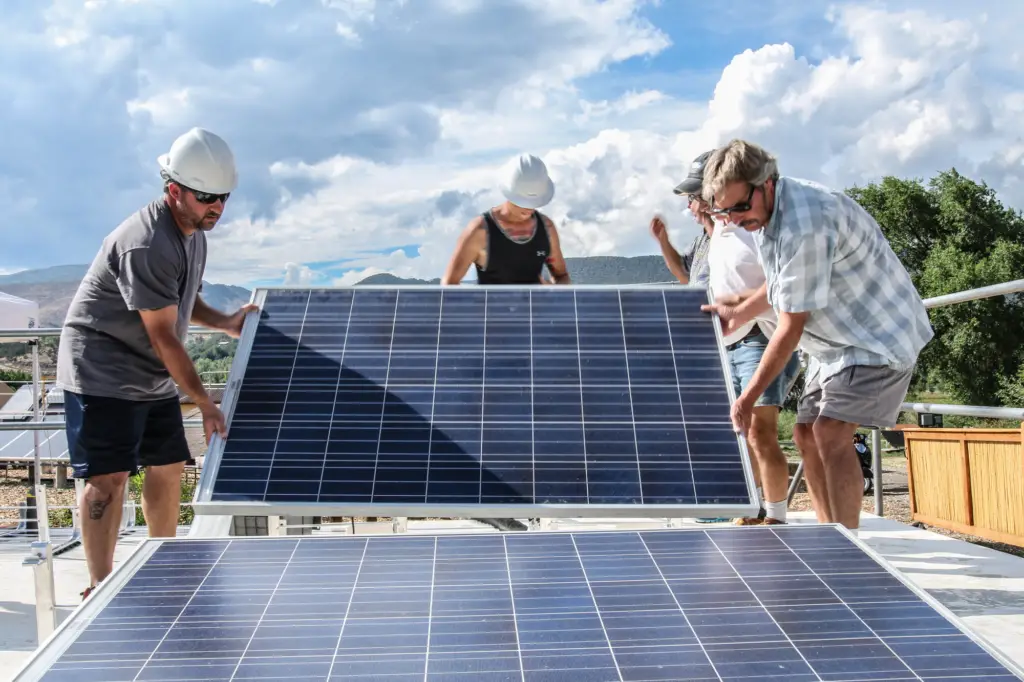
FAQ
What happens to solar panels during bad weather?
Solar panels can still generate electricity during cloudy or rainy weather, although their output may be reduced. However, in extreme weather events such as hurricanes or hailstorms, there is a risk of damage to the panels.
Do solar panels require a lot of maintenance?
No, solar panels do not require a lot of maintenance. They have no moving parts, so they require very little upkeep. Occasional cleaning may be necessary to remove dirt and debris that can reduce their efficiency.
How long do solar panels last?
Most solar panels come with a warranty of at least 25 years, although they can last much longer than that. Solar panels can last for 30 years or more with proper maintenance and care.
Is solar energy a safe investment?
Yes, solar energy is considered a safe investment. Solar panels have a long lifespan and require minimal maintenance. Additionally, many countries offer financial incentives, such as tax credits and rebates, to homeowners and businesses that install solar panels.
Conclusion
In conclusion, solar energy is a reliable and sustainable energy source that has become increasingly popular due to technological advancements and improved manufacturing processes. Solar panels have a low failure rate and can operate for years with minimal upkeep.
Overall, solar energy has proven to be a reliable energy source that can provide long-term benefits, including reduced monthly expenses and environmental impact.

